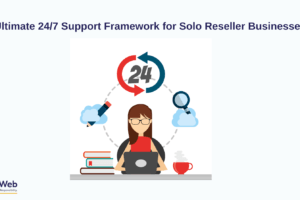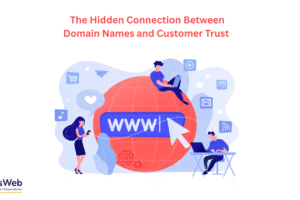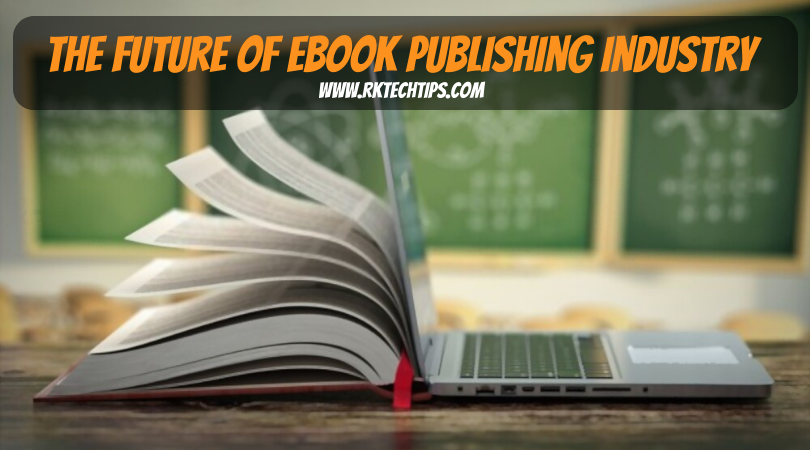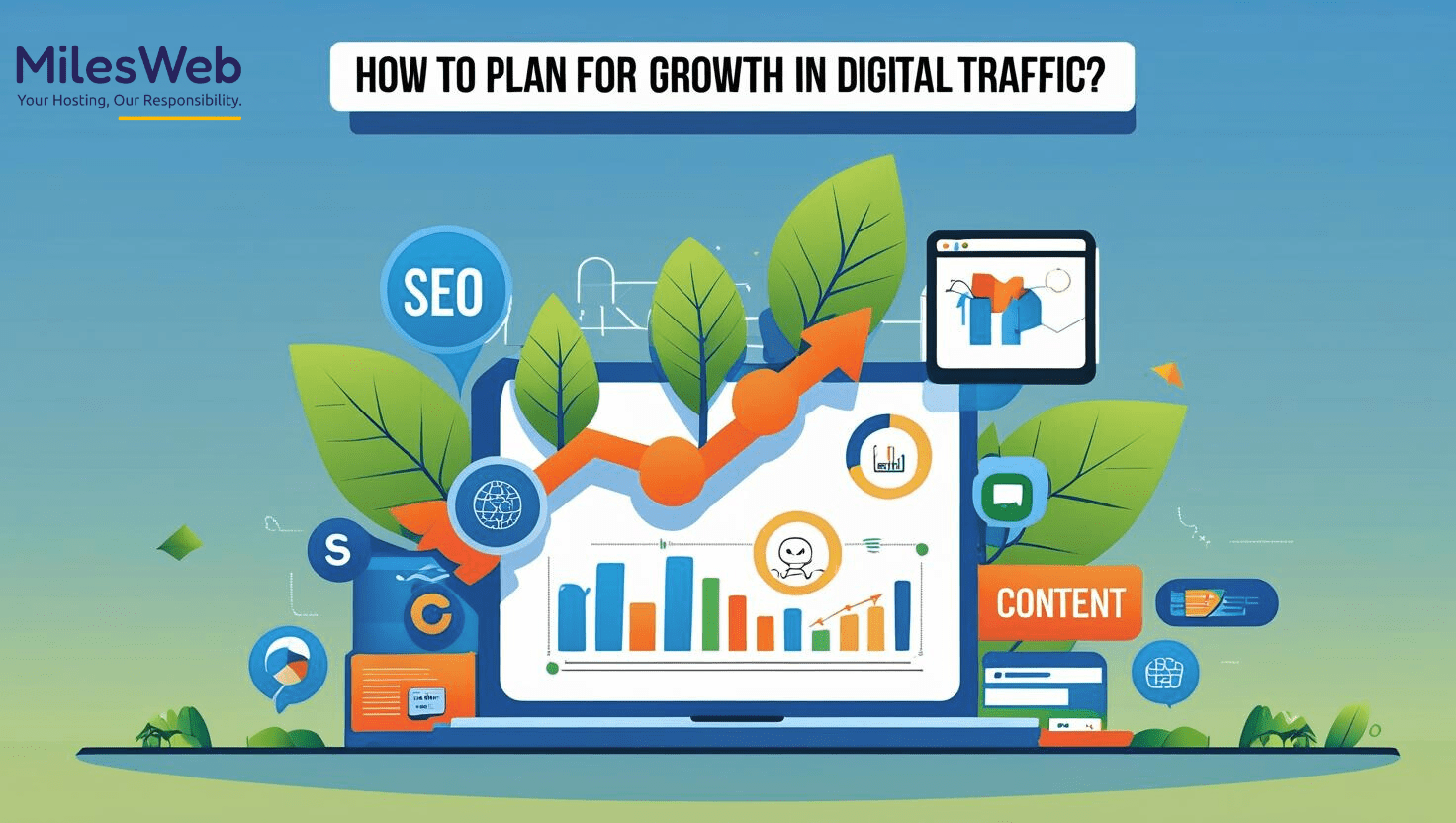The most significant battles of the eBook revolution are over, and eBook has now become an established medium.
This has also given birth to numerous eBook publishing services that are professionally publishing books and helping authors gain the recognition they deserve.
As a result of this, traditional publishing companies are now struggling desperately to maintain their revenues, book launches, and privileged status they had long believed to be their birthright.
But eventually, with no option left, they accepted the situation adhering to the pricing segment of eBooks.
# The Revolution Of Digital Media
Entertainment has undergone a digital revolution with the invention of the internet in the middle of 1990, including games, software, movies, and music.
All of these items were sold in boxes and placed on shelves in stores before the digital revolution. Microsoft also developed and bundled its software on floppies with extensive documentation.
Even games were packed and sold in boxes and placed on the shelves of stores. Vinyl, cassette, and compact disks were all plastic-wrapped on the shelves of music stores.
Similarly, movies transitioned from VHS to DVD to Blu-ray, giving birth to the movie rental business. Brick-and-mortar stores no longer carried any of these items, and all of those stores went out of business.
However, books continued to be printed and published and were still piled high on bookshop shelves, with the traditional publishers largely controlling the market.
But, with the revolution of books and the birth of eBook publishing services, digital distribution compelled all these sectors to offer their items online.
As a result, they abandoned the strategy of selling their goods in plastic boxes at shopping centers and departmental stores.
This worked effectively for a while until piracy started to show. But, of course, Apple was the pioneer in the music industry at the time when it came to selling premium music.
Games and applications came later after iPod and iTunes started things. This, to its credit, beat out piracy.
# Then Came The Subscription Services
The birth of subscription services contributed significantly to the revolution of eBooks. With Apple iTunes being the lone holdout, companies like Netflix, Microsoft, Amazon, and many others modified their strategies.
This market change made books and eBooks caught in the mud. The primary reason behind this was the high resistance of the publishing houses to accept the change.
Because of this resistance, Amazon was able to create a monopoly. Their development of self-publishing served as the foundation for it.
Authors gladly, cheerfully, and passionately embraced the ability to publish a book independently, initially in paperback and then in eBooks.
Millions of books and eBooks were compiled by Amazon. They were then utilized to exert pressure on and compete with the big traditional publishers to control the publishing industry.
At that time, many people criticized Amazon’s monopoly on the market. But the change was accepted by the new generation, and now Amazon holds around 65 percent share of the book publishing industry.
eBook publishing services also contributed significantly to helping Amazon achieve this position in the market.
But it’s important to remember that Amazon revolutionized, modified, adjusted, took chances, made huge investments, and looked to the future rather than the past.
But on the other hand, traditional publishers were and still are strongly rooted in the past.
Those who accept changes over time are subjected to achieve prosperity. The saying adopts or die indeed applies here.
It seemed reasonable for Amazon’s Kindle Direct Publishing (KDP) to expand the availability of its Kindle Unlimited subscription service.
However, only writers or publishers that choose to provide Amazon exclusivity for their eBooks in the KDP program are eligible to use it.
This exclusivity is a disappointment to many authors. Amazon, however, is entitled to set its own regulations now that it has established its position of complete market domination.
Nobody raises an objection when a traditional publisher requests exclusive rights to a book by an author, do they?
However, Amazon doesn’t ask for the book’s rights. Instead, it simply requests the right to sell exclusively, and even then, only for three months.
However, it is sufficient for Amazon to continue making its library of at least 1,000,000 eBooks available to Kindle Unlimited users.
# The Future Of eBooks
An eBook is just a digital file similar to an application, a song, a movie, or software. It makes sense to anticipate that eBooks will experience the same outcomes as all other market segments.
Amazon and other companies have already launched subscription services, and more will undoubtedly follow due to the emerging need. The business model based on advertising, in particular, has proven successful with applications.
However, I think eBooks are dull and boring at the moment since all they have is black text on a white background, except for the book cover art.
Rich, vibrant interactive displays can be delivered by a wide range of devices, including the Kindle Fire, iPad, smartphones, tablets, and many others.
In addition, the eBook starts to appear quite dreary, dated, and unappealing on these devices. Moving away from the idea that an eBook is just a copy of a printed book in electronic format is essential for the future of eBooks.
It must thus resemble a printed book as closely as possible. Technology is not paper pages with a cardboard cover; tradition and history are.
The eBook will change and depart from its printed version through color, motion, interaction, and connectivity. The eBook will begin to resemble an app more and less like a book.
It will develop social sharing and flexibility. Text-to-voice technology is another option. It could make it possible to create audiobooks for almost no cost.
Every year, voice technology on our phones and in our homes advances quickly. So, it’s logical to use this technology and apply it to eBooks.
Final Thoughts
The eBook’s future is far from being assured and will undergo a long-drawn-out process of change and adaptation over the years.
However, it is still an immature product that can be explored and used creatively. Yes, Amazon currently has a monopoly, but this will not always be the case.
As people with new, imaginative ideas discover ways to develop new possibilities and revenue streams from eBooks, Amazon’s market share will progressively decline.
So, how will the eBook industry look after a decade? Of course, no one can predict the future, but it is evident that eBooks won’t look anything like they do now.
Only one thing is certain: people like eBooks. Every year, more and more books are released in electronic formats. According to some estimates, the Kindle Store adds more than one million new eBooks each year.
And I think that these numbers are enough for us to determine whether eBooks will revolutionize in the future or will disappear from the literary market.














